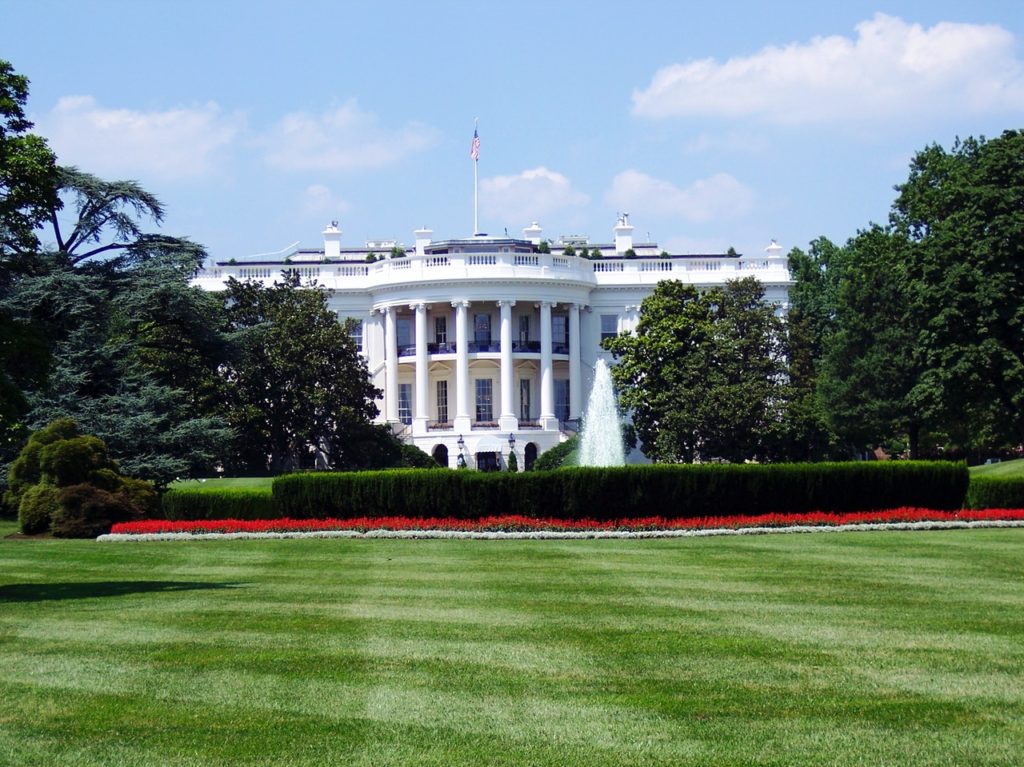Blockchain is becoming part of everyone’s life. It is being integrated with mobile data, social media sites, banking sites, and more. But one of the biggest integration of blockchain technology is with the US government. The government is currently looking for ways to leverage the technology to run various government processes such as registration and voting. It is also looking for blockchain to update legacy systems and store user-sensitive data from various departments in the government.
Replacing Old Legacy Systems
In 2019, the US Government Accountability Office reported that many US departments are still using legacy systems. Some of which are obsolete hardware that is no longer supported by its manufacturers. Additionally, the Department of Homeland Security reported that these departments are vulnerable to cyber-attacks, leading to data leaks and potential data loss.
The US government still clings to these legacy systems because these systems store huge amounts of data that, if transferred to a new system, the data would be lost and could never be recovered. But by doing so, the government is running a great risk of losing data from system malfunction or other external problems like cyber-attacks. The government is looking into ways of replacing this system with Blockchain technology being one of them.
Blockchain technology can store millions and millions of government data from legacy systems without potential data loss. Moreover, the system can streamline the process across multiple sectors, making the process less time-consuming. However, the process is quite expensive. Blockchain relies on advanced technology that can easily cost the government a couple of million dollars. It is also a technology that has only been tested for a couple of years in selected states, so it is still unsure how it will function when it integrates itself with the entirety of the US government. Nonetheless, these pain points mean nothing to the looming problem of full system meltdown because of the government running on old legacy systems.
Security Purposes
Security and confidentiality of government and public files have always been a priority for all kinds of US government systems. It is also important that these systems keep a citizen’s sensitive information stored within the government.
Ever since the creation of the Health Insurance Portability and Accountability Act in 1996 (HIPAA), the US government has implemented various security measures to protect every American’s health information. However, since healthcare providers relied on sensitive consumer information for their products, they needed a new way to protect sensitive information from being leaked to the public. Today, some insurance companies are using blockchain technology to store HIPAA-certified surveys for increased protection. Blockchain is the best technology to use when it comes to storing information because it is decentralized. This is the same integration that the US government is looking into with their data.
The problem with the way data is stored in various departments of the US government is that when one is breached, there is a potential for all the other departments to be breached. But blockchain’s decentralized nature is going to change all of that. Data from each department will now be independent of one another, further increasing security across all government departments. What’s stopping this from happening is the government’s fears of some confidential information being leaked to third party sources such as the agencies offering the blockchain technology. It is yet unknown whether these agencies could have potential access to this information after installation or not.

Reducing Human Involvement
The greatest threat when it comes to storing data in the government is that there is a chance of data leaks because of human involvement. The information could easily be taken away by whoever is in-charge and leaked into the public. However, through blockchain technology, this risky variable could be removed.
Blockchain helps reduce human involvement in all kinds of government processes. This not only streamlines and hastens the process but also decreases the risk of data leakage. It is a robust system that works on privacy and decentralization. Additionally, everyone can run checks as to who had access to the sensitive information to see whether they accessed it in times of data leakage.
There are a lot of ways that blockchain technology is changing the US government. The technology can help with storing private data, protect sensitive information, and increase government productivity. It can also be a central foothold to a new system that relies on privacy as its core. But these are all still speculation as the government still looks into how they can leverage blockchain. However, for sure, its implementation can change how we interact with the government for years to come.









